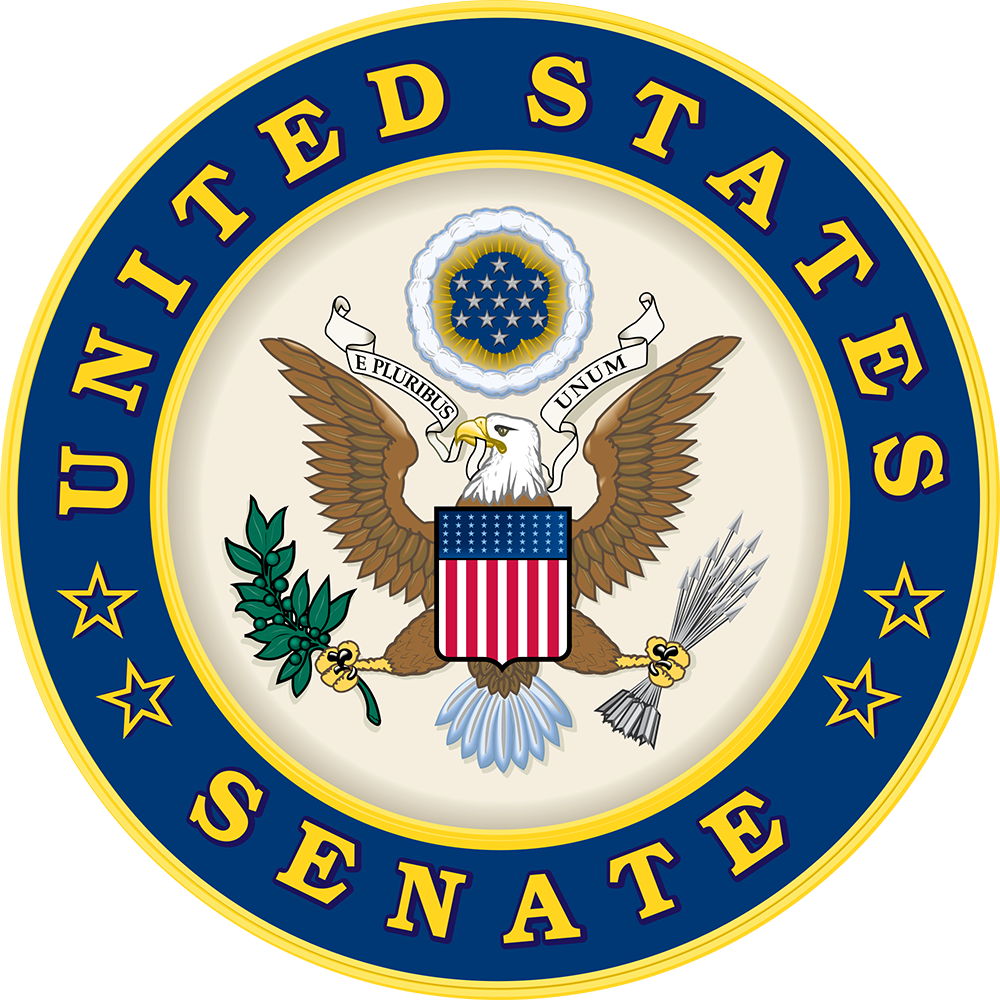Senate Passes FY 2017 Housing Appropriations Bill

Yesterday, the Senate voted 89 to 8 in favor of the Fiscal Year (FY) 2017 Transportation, Housing and Urban Development, and Related Agencies (THUD) funding bill, H.R. 2577. Despite an overall allocation that is $827 million below last year’s funding level, the Senate THUD bill provides nearly $1.5 billion more for HUD’s affordable housing and community development programs than Congress appropriated for them in FY 2016. The bill provides $950 million for the HOME Investment Partnerships (HOME) program, the same funding level as last year, and fully funds rental assistance accounts.
The Senate combined the THUD bill, the Military Construction and Veterans Affairs FY 2017 spending bill, and a measure to provide emergency funding to combat the Zika virus. According to Senate Majority Leader Mitch McConnell (R-KY), this joint appropriations package is the first of several “mini-buses” intended to speed up the appropriations process ahead of the Senate’s scheduled July 15-September 6 recess. The new fiscal year begins October 1, so Congress must enact new appropriations bills or a continuing resolution to keep federal programs operating after that date.
Senators offered 161 amendments to the joint package during floor consideration, although only a handful were related to HUD programs, and none of those proposed modifications to the Committee-approved HUD program funding levels.
The Senate voted in favor of Senators Diane Feinstein (D-CA) and Rob Portman’s (R-OH) amendment (Amendment 3922) to eliminate the requirement that HOME Participating Jurisdictions commit HOME funds within 24 months or face recapture. In keeping with traditional practice that appropriations bills do not make permanent program changes, the amendment applies only to HOME funds appropriated from FY 2016 through FY 2019. Making the change permanent would require action by the Banking Committee, which has jurisdiction over the HOME program. NCSHA endorsed the amendment, along with several other groups, including the National Alliance to End Homelessness, Enterprise Community Partners, the Council for Affordable and Rural Housing, the Local Initiatives Support Corporation, the National Rural Housing Coalition, and the National Low Income Housing Coalition.
Senator Mike Lee (R-UT) offered an amendment (Amendment 3897) that would have prohibited HUD from carrying out its Affirmatively Furthering Fair Housing (AFFH) final rule. Before the Senate voted on the Lee amendment, THUD Subcommittee Chairwoman Susan Collins (R-ME) introduced an alternate amendment cosponsored by both THUD Ranking Member Jack Reed (D-RI) and Appropriations Chairman Thad Cochran (R-MS) that instead would expressly prohibit HUD from interfering in local zoning decisions. Collins spoke in favor of the AFFH final rule and opposed the Lee amendment, saying that she hoped her amendment would correct any misconceptions that HUD could control local zoning decision-making authority. The Senate approved the Collins amendment, 87-9. The Senate then tabled the Lee amendment, effectively rejecting it.
The Senate approved several other HUD-related amendments by voice vote.
-
- Senators Bill Nelson (R-FL) and Marco Rubio (R-FL) both introduced amendments regarding physical inspections of HUD-assisted properties. Senator Nelson’s Amendment 4011 would require HUD to take enforcement action on HUD-assisted properties that receive insufficient Uniform Physical Condition Standards scores. Senator Rubio’s Amendment 3918 would shorten the time given to a property owner to respond to a violation of a contract as well as the time given to the Secretary to develop an enforcement plan; a second amendment sponsored by Senator Rubio (Amendment 3921) would require HUD to prepare a report analyzing the effectiveness of Real Estate Assessment Center physical inspections.
- Amendment 3905, introduced by Senator Dean Heller (R-NV), would prohibit the use of funds to provide housing assistance benefits to individuals convicted of certain criminal offenses, including murder, aggravated sexual assault, and child pornography.
- Amendment 3917 , introduced by Senator Kelly Ayotte (R-NH), would prohibit the use of funds for the Continuum of Care homeless assistance program unless HUD allows the program to be used for “zero-tolerance” recovery housing. HUD currently allows Continuum of Care funding to be used for recovery housing, though this generally is not considered to be a best practice by homeless assistance providers.
- Amendment 3921, introduced by Senator Al Franken (D-MN), would require the United States Interagency Council on Homelessness to submit a report on improving health and housing outcomes for chronically homeless individuals, individuals with behavioral health conditions, and children.
The House Appropriations Committee is expected to consider its FY 2017 THUD bill on May 24.

